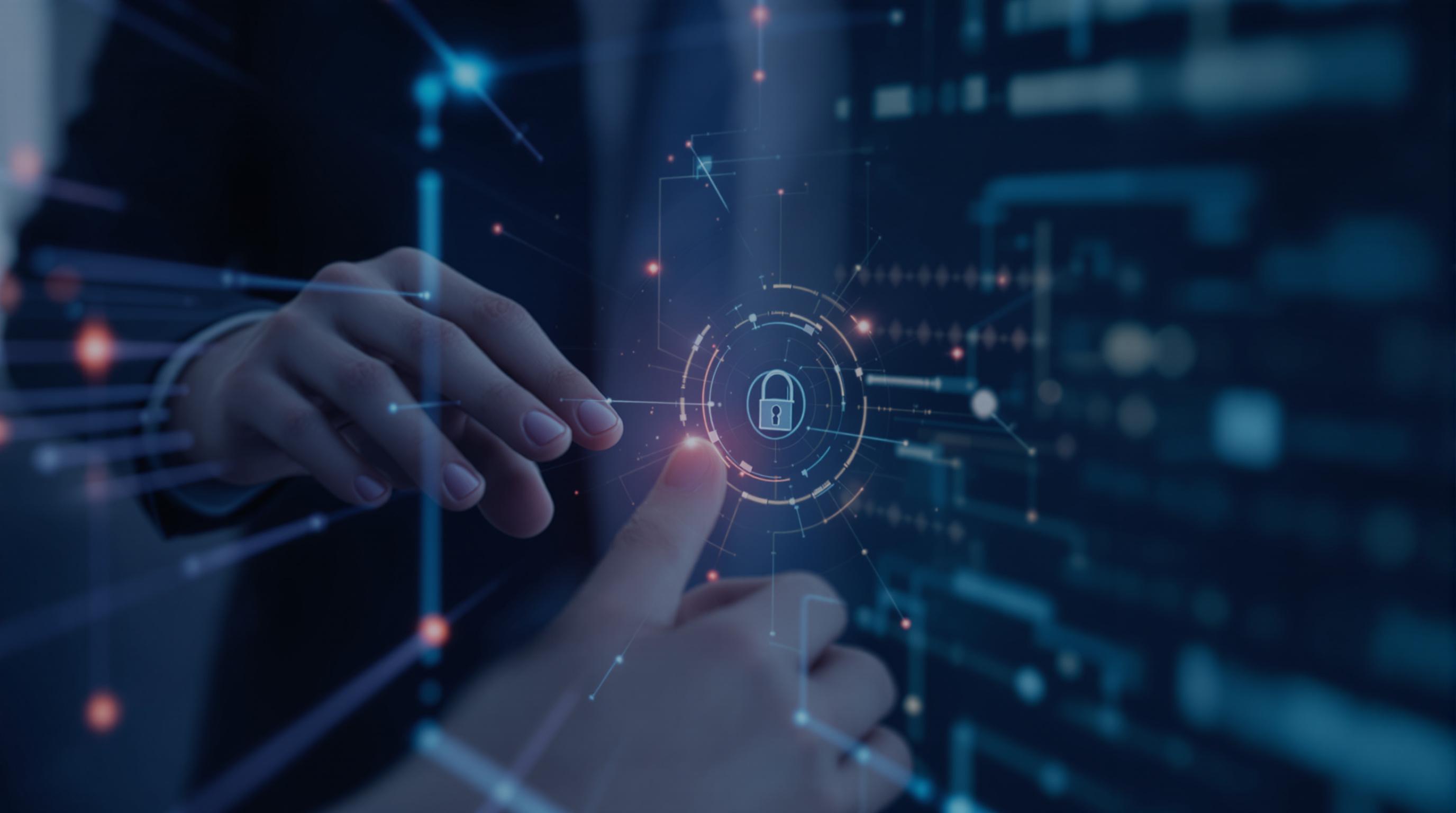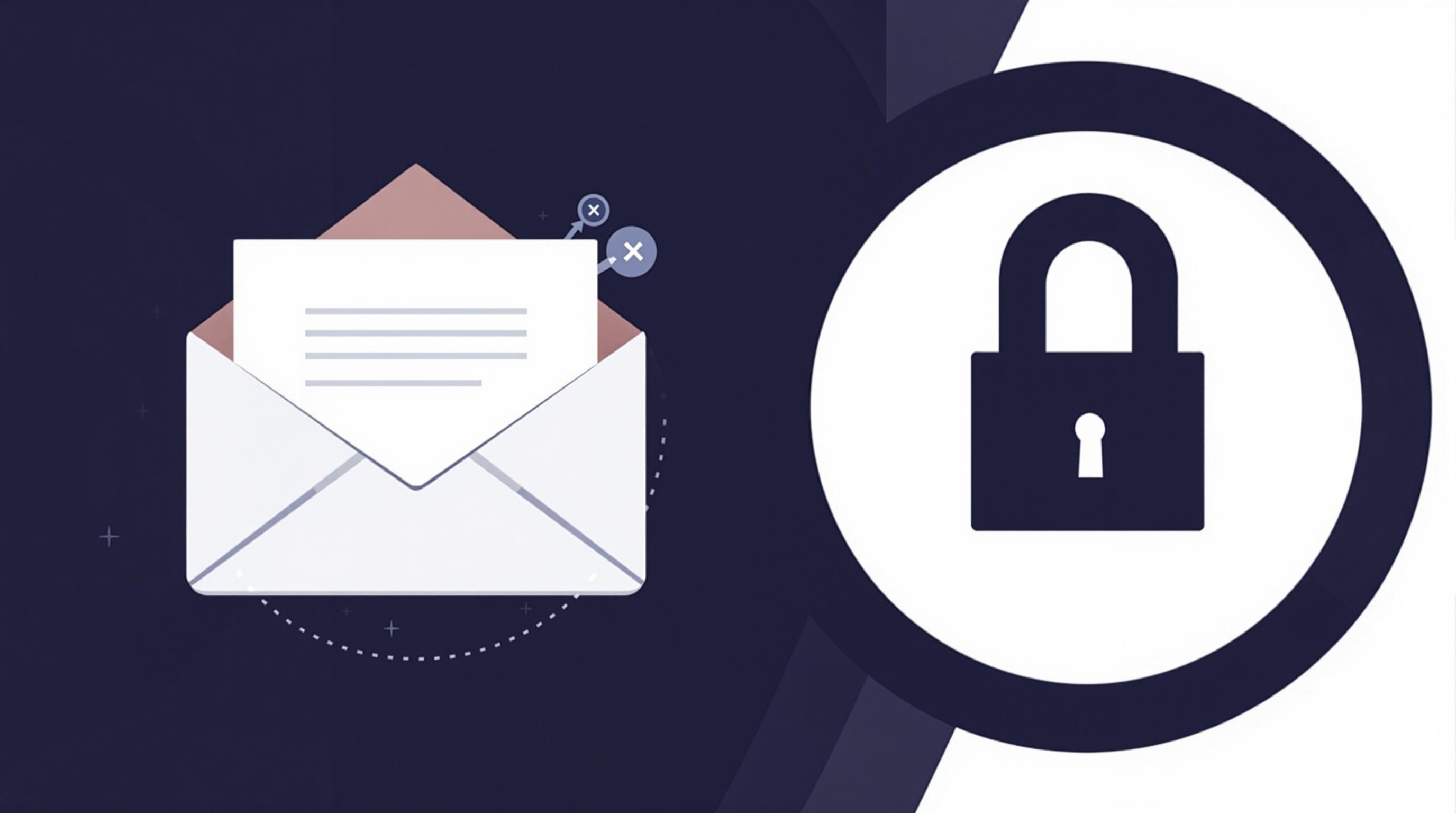Related Articles
- The Silent Guardians: How Offline Digital Vaults Are Redefining Personal Security in a Hyperconnected World
- Unseen Footprints: How Browser Extensions Quietly Shape Your Digital Identity Without Consent
- The Unexpected Role of Quantum Computing in Revolutionizing Confidential Digital Correspondence
- Unveiling the Silent Guardians: How Antivirus Software Shapes Digital Mental Wellness in Unexpected Ways
- Uncharted Pathways: How Cognitive Biases Secretly Influence Network Security Decisions
- Unveiling the Role of VPNs in Protecting Smart Home Devices from Emerging Cyber Threats
The Unexpected Role of Quantum Computing in Revolutionizing Confidential Digital Correspondence
The Unexpected Role of Quantum Computing in Revolutionizing Confidential Digital Correspondence
Quantum computing is dramatically reshaping how we secure our digital conversations, introducing novel capabilities and challenges in confidentiality. From unbreakable encryption prospects to potential vulnerabilities, this article explores the multifaceted impact of quantum technologies on confidential correspondence.
The Quantum Leap: A Tale of Bits and Qubits
Imagine your daily messages—texts, emails, or even secret notes—being protected not by traditional cryptography, but by the strange laws of quantum physics. Instead of bits that flip between 0 and 1 like a light switch, quantum computers use qubits capable of being 0, 1, or both simultaneously due to superposition. This fundamental difference propels quantum computing potential far beyond classical systems, opening doors to encryption methods previously thought impossible.
Why Should You Care? The Conversational Breakdown
Hey, listen. If you're like me—a 28-year-old someone who sends a ton of messages and cares about privacy—quantum computing is both exciting and a bit scary. You see, everything we trust today—our bank PINs, private emails, covert business chats—banks on encryption methods classical computers secure. But quantum machines threaten to crack these codes like snapping your fingers, necessitating fresh approaches that quantum physics itself offers.
The Rise of Quantum-Safe Encryption
To combat this new threat, researchers are pioneering post-quantum cryptography (PQC)—algorithms designed to be secure against quantum attacks. The National Institute of Standards and Technology (NIST) is currently in the process of standardizing these new algorithms to future-proof confidential communication infrastructures (NIST, 2023). It's a race: secure the future before quantum computers break the past.
Case Study: IBM’s Quantum Network and Secure Messaging
In 2022, IBM announced a collaboration with leading telecom companies to test quantum key distribution (QKD) over metropolitan networks in the U.S. This real-world test aimed to create unhackable communication channels for sensitive government and financial data transfers. The results? They showed that quantum-generated keys could be distributed with minimal error rates and resistance to hacking attempts, marking a leap toward practical quantum-secured correspondence.
Statistical Snapshot: The Threat Landscape
According to a 2021 report by Cybersecurity Ventures, global cybercrime costs are expected to reach
$10.5 trillion annually by 2025, emphasizing the urgency for stronger encryption technology. Quantum computing looms as both an opportunity and a menace in this evolving digital warfront, capable of breaking existing encryption standards or alternatively, creating ironclad defenses.
A Walk Through History: Lessons From the Past
Remember Enigma? During World War II, cracking the German military’s encrypted messages turned the war’s tide. Today’s encryption resembles Enigma but is exponentially more complex. Quantum computing might just be the modern-day equivalent of the codebreakers, but instead of cracking, it also offers the chance to encode messages with such complexity that interception becomes impossible.
Conversational Sidebar: What Does This Mean For You?
If quantum technology is still a bit sci-fi in your mind, here’s the scoop: in the next decade, your private chats and sensitive data might be protected by quantum encryption without you even noticing. Or, if unprepared, exposed by quantum hackers. It’s like upgrading from a padlock to an unpickable safe or getting strapped to a rusty bicycle when others are on hyper-speed motorcycles.
The Humor Perspective: A Quantum Computer Walks into a Bar...
It would say, “I both order one beer and don’t order one.” The bartender, confused, might say, “You can't have it both ways!” Much like how quantum bits exist in multiple states at once, making the “rules” of classical computing feel like an old sitcom trying to keep up with avant-garde drama.
The Unexpected Role of Quantum Algorithms in Detecting Eavesdroppers
Quantum communication protocols like Quantum Key Distribution (QKD) utilize quantum mechanics to detect if a third party is trying to intercept messages. Because of the Heisenberg uncertainty principle, any attempt to observe quantum information disturbs its state, signaling a security breach. Thus, quantum tech doesn’t just secure; it actively monitors confidentiality.
Industry Insight: Financial Sector Embracing Quantum Confidentiality
Banks worldwide are investing millions in quantum-safe communications. JPMorgan Chase spearheads research targeting quantum-based fraud detection and client data protection, forecasting savings of over $1 billion annually by mitigating cyberthefts (Financial Times, 2023). The financial sector’s adoption highlights quantum computing’s direct impact on confidential correspondence where stakes are sky-high.
Legal and Ethical Implications: More Than Just Technology
Confidential correspondence doesn't exist in a vacuum; legal frameworks shape its use and protection. Quantum computing’s evolution forces lawmakers to rethink privacy laws, surveillance boundaries, and data ownership. As confidential data becomes impenetrable, questions emerge about accountability, especially in criminal investigations or intelligence. Balancing privacy with public safety requires nuanced policy-making in the quantum era.
The Road Ahead: Challenges and Opportunities
The journey to fully realized quantum-secured communications is steep. Present limitations include qubit stability (decoherence), high costs, and physical infrastructure needs. But progress is rapid—research labs worldwide demonstrate increasing qubit counts and error-correcting methods each year. Simultaneously, hybrid systems blending classical and quantum encryption offer immediate, incremental enhancements in security.
Final Thoughts: Embracing the Quantum Future
Whether you’re 16 or 70, a technophile or casual user, the quantum revolution in confidential digital correspondence will touch your life with transforming effects. From ultra-secure texts to new ethical landscapes, understanding and preparing for quantum’s role today means safeguarding the privacy of tomorrow.

